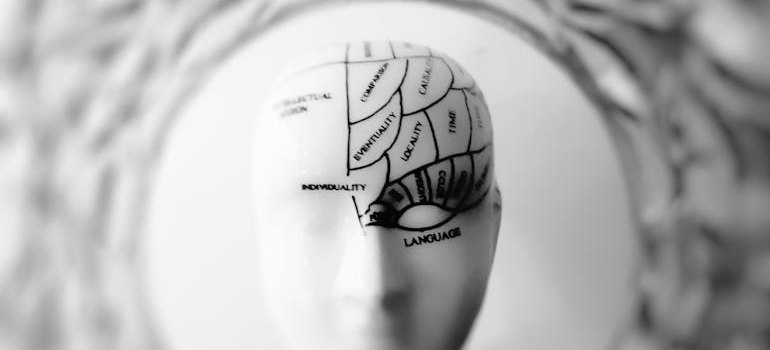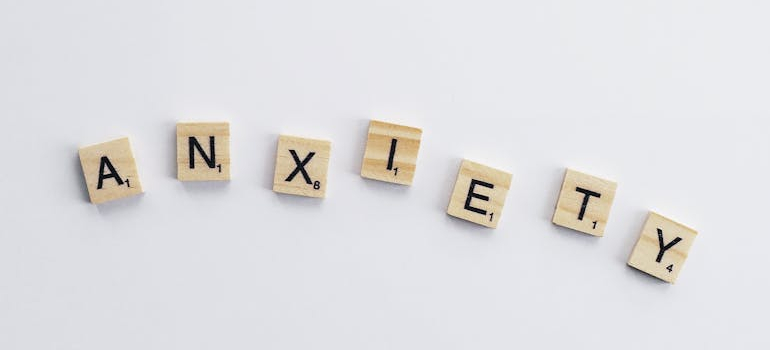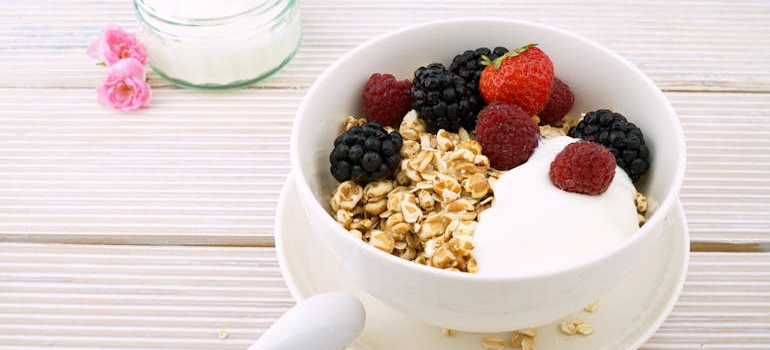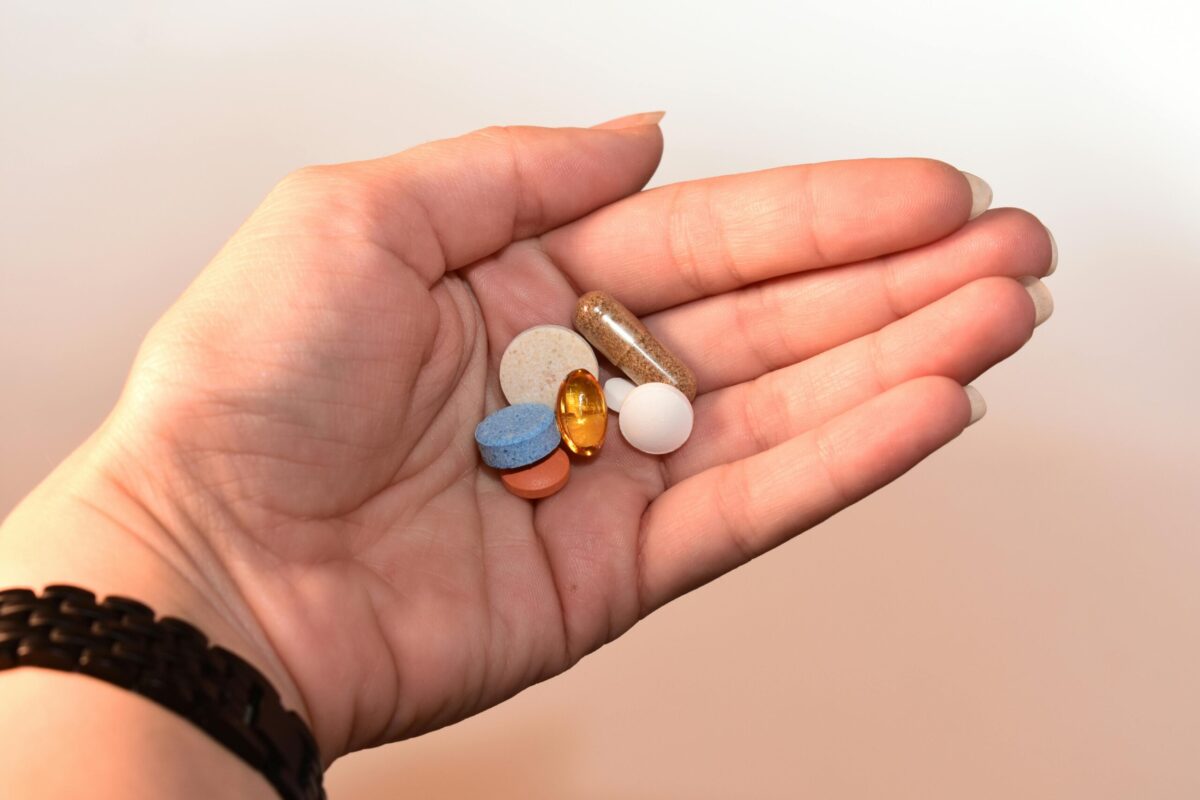You might think your gut is just a part of digestion. But reality is different; it does much more. Studies show that the gut-brain connection and its influence on stress and anxiety play a key role in emotional well-being. Your gut plays a major role in anxiety levels, which means it controls how you feel. It’s all related to bacteria in your digestive system. It controls your mood and stress and can even affect your emotions. What you eat and how your body handles inflammation and digestion all impact your daily well-being. An unbalanced gut can make anxiety symptoms worse. The good news is that small changes in diet and lifestyle can influence how your gut controls anxiety. As one of the best providers of mental health services in Massachusetts, we understand that this connection guides a healthier mind and body. So, let’s find out how diet and gut health affect anxiety and mental well-being.
How Does the Gut-Brain Connection Work
Your gut and brain are always connected, exchanging signals through the vagus nerve and neurotransmitters. The connection between your brain and gut affects mood, stress, and emotional regulation. Your gut controls anxiety by influencing serotonin and dopamine levels. And this is all backed up by research. When gut bacteria are unbalanced, the brain receives distress signals, triggering anxiety symptoms. Plenty of studies confirm the connection between gut health and anxiety symptoms. All of them are showing how imbalances in the gut can make anxiety worse. Harvard research shows that people with digestive problems tend to have higher stress levels and a greater risk of anxiety, which, if left not treated properly on time, would require online therapy for anxiety disorder. An unhealthy gut can lead to inflammation, which impacts brain function and emotional stability.

Maintaining a balanced diet with probiotics supports both gut and mental health. As a result, you can improve your emotional well-being. The deeper your understanding of this relationship is, the happier your gut will be. A healthy gut benefits both body and mind.
How Your Gut Microbiome Influences Anxiety
Trillions of bacteria are inside of your gut. These bacteria are here to aid digestion. They also make your immune system stronger. And also, impact how you feel emotionally. Your whole body is very well connected, so all of these issues can make a big difference. When gut bacteria fall out of balance, inflammation rises and disrupts serotonin production. This can lead to mood swings, higher stress levels, and poor mental health. An imbalance can lead to inflammation in several ways:
- Weakens the gut lining, allowing toxins to enter the bloodstream
- Triggers an immune response that increases stress hormones
- Reduces beneficial bacteria that help regulate serotonin
- Increases production of inflammatory chemicals linked to anxiety
While gut health plays a role in anxiety, getting the right mental health support matters just as much. If stress feels overwhelming, our IOP programs in Massachusetts offer a safe space to work through challenges. Gut health matters, but so does emotional well-being. Seeking help when needed can make all the difference.
The Role of Diet in Gut Health and Anxiety Management
Your diet shapes your gut health, which, in turn, affects your mood and stress levels. Your gut plays a key role in managing neurotransmitters like serotonin, which affect anxiety and stress levels. That’s why eating too many processed foods packed with sugar and artificial additives can upset gut bacteria, causing inflammation and increased stress. In contrast, whole foods such as fruits, vegetables, and fermented options help maintain gut balance and support mental well-being.

Balance is your way to put your mind at ease. If you manage to implement a healthy diet, you will be able to promote beneficial bacteria. By doing so, you will be reducing inflammation. And this will improve your mood. As one of the best depression treatment centers in Massachusetts, we know that poor gut health can also contribute to other conditions, including depression disorder. Because anxiety and depression often go hand in hand, understanding both can give you a better grasp of your mental health. Understanding this link helps you make better choices for both body and mind. If stress feels overwhelming, seeking professional support can provide clarity and guidance. Your health is more than just gut balance. Total well-being includes gut health and emotional balance.
Foods that help make your gut and your mind healthy
Eating the right foods can balance your gut bacteria, improve digestion, and boost your mental health. A well-functioning gut produces neurotransmitters like serotonin, which supports emotional stability. As mentioned, what you eat has a big impact on how well you manage stress and anxiety. Here are some examples of gut-friendly foods to include in your diet:
- Fermented foods: Yogurt, kefir, sauerkraut, kimchi, and miso are full of probiotics.
- Fiber-rich foods: Whole grains, beans, lentils, and leafy greens will improve your digestion.
- Prebiotic foods: Garlic, onions, bananas, asparagus, and leeks are all important for the support of the bacteria.
- Omega-3-rich foods: Salmon, walnuts, and flaxseeds are important not only for inflammation but also for your brain!
- Polyphenol-rich foods: Berries, dark chocolate, green tea, and olive oil improve gut bacteria and support brain health.
- Bone broth: Packed with amino acids and collagen, it helps heal the gut.
- Ginger and turmeric: These reduce inflammation and support digestion.
A poor diet weakens the gut, leading to stress, mood swings, and anxiety. Unhealthy and ultra-processed foods also cause many other issues. Small changes like adding fiber and probiotics can improve gut balance. A healthy gut means better emotional stability and overall well-being. What you eat shapes how you feel, so choose wisely.
The Surprising Link Between Gut Inflammation and Anxiety Attacks
When your gut stays inflamed for too long, it can trigger stress hormones that make anxiety and panic attacks worse. Your gut controls anxiety by regulating neurotransmitters like serotonin, but inflammation disrupts this balance. Poor digestion, especially in those with IBS or food sensitivities, can make symptoms worse. When the gut is inflamed, it sends distress signals to the brain, increasing cortisol and worsening stress responses.

Gut bacteria impact mood and anxiety levels, influencing how the body handles stress. When harmful bacteria overpower beneficial ones, inflammation rises, and mental health declines. This link explains why digestive issues often go hand in hand with anxiety disorders.
Changing your diet and lifestyle can improve gut health, but sometimes, professional help is necessary. Our medication management MA program offers support for those struggling with anxiety related to gut issues. A healthy gut leads to a calmer mind, making it important to address physical and mental health.
How Your Gut Controls Anxiety With Probiotics and Prebiotics Help
Probiotics and prebiotics play key roles in gut health and mental well-being. Probiotics are healthy bacteria that help your gut work better and improve digestion. Prebiotics are fibers that feed these beneficial bacteria, helping them thrive. Probiotics’ role in improving gut health and reducing anxiety comes from their ability to balance gut bacteria and lower inflammation.

Adding probiotic-rich foods to your diet can help. Yogurt, kefir, kimchi, sauerkraut, and miso introduce good bacteria into the gut. Prebiotic foods like garlic, onions, bananas, and asparagus support their growth. For extra support, high-quality probiotic supplements can restore gut balance. A healthy gut reduces stress and improves mood. If your anxiety feels out of control, changing your diet can help, but so can getting support from a professional. Your mental and physical health are connected; small steps can bring lasting relief.
Simple Lifestyle Changes to Improve Gut Health and Reduce Anxiety
Even small lifestyle changes can make a big difference! Start off by implementing simple stress-reducing practices. Meditation will help, but it would be useful to implement yoga and deep breathing. Doing so will lower cortisol, reduce gut inflammation, and ease anxiety symptoms. Sleep and hydration are also very important. Poor sleep is terrible for your overall well-being. Poor sleep disrupts gut bacteria, increasing stress levels. Drinking enough water supports digestion and helps flush out toxins. A well-hydrated body functions better, leading to a calmer mind. Balancing gut bacteria is key to managing stress and anxiety. Eating probiotic-rich foods, cutting back on processed foods, and staying active can make a big difference.

The gut health is also tied to addiction recovery. Those struggling with sports betting addiction, for example, face a lot of stressful situations. You don’t want to regularly experience high stress and anxiety because it directly impacts digestion. A healthy gut helps keep your emotions in check, making daily stress easier to handle. Small steps are the ones that matter! Remember that each healthy choice brings lasting benefits.
Make Healthy Choices, Stay Clear of Unnecessary Stressful Situations, and Follow Our Tips!
Your gut controls anxiety in many ways. And until now, you might not even know! When gut bacteria become unbalanced, inflammation can increase and disrupt neurotransmitters like serotonin. Poor digestion can also impact you if you have IBS, food sensitivities, or other health conditions, making it harder to manage emotions. The good news is that small, immediate changes can help. A diet rich in probiotics, fiber, and prebiotic foods supports gut bacteria and reduces inflammation. If anxiety feels overwhelming, know that support is available. At any time! Changes can be made, and you should look into what you can do. If you manage to take care of both, you will bring a real, lasting change.



